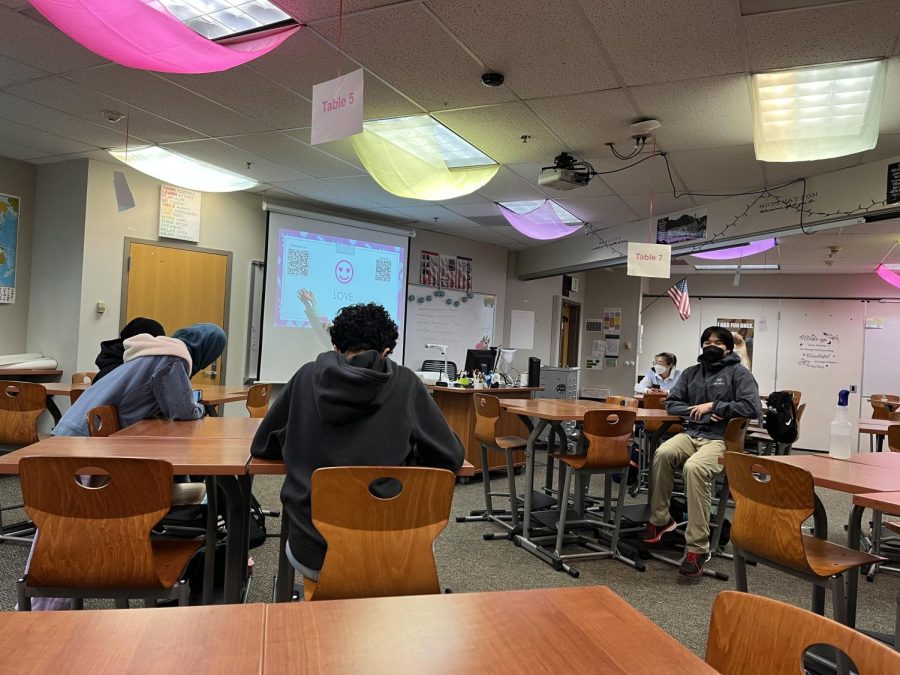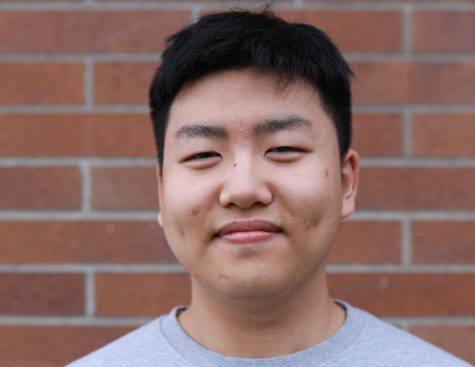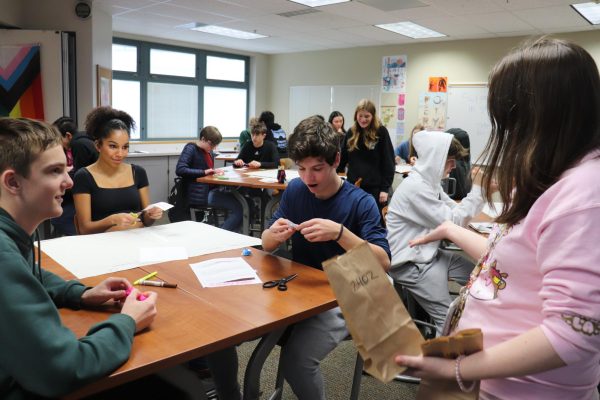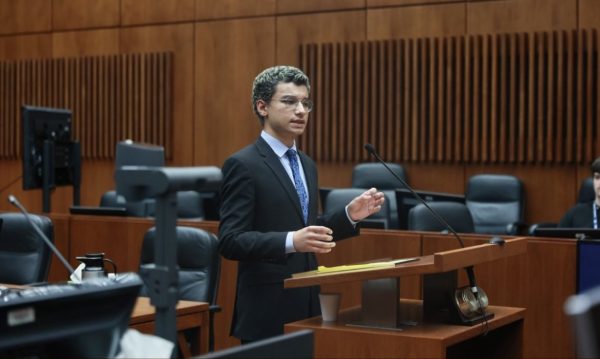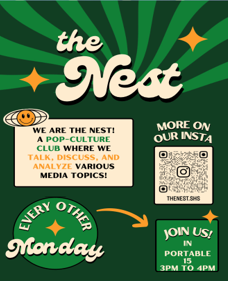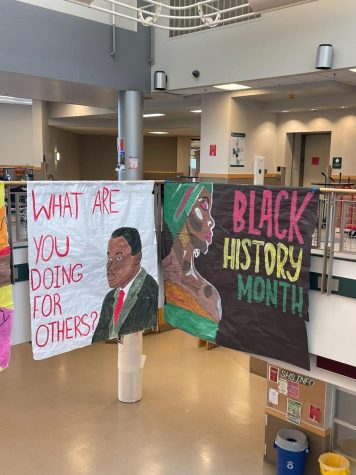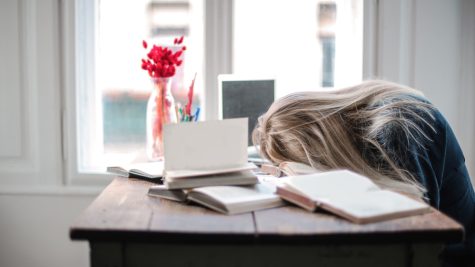Pandemic Challenges Cause Mental Health Decline and Skyline’s Psychology Club Might Explain Why
March 25, 2022
The pandemic has led many to face colossal challenges that can be stressful, overwhelming, and exhausting. These prolonged challenges have impacted the mental for many people, especially teenagers.
Even before the pandemic, youth have shown to have a high rate of mental disorders, ranging from anxiety and depression to suicidal thoughts.
According to a mental health advisory published by the U.S. Surgeon General in December, surveys in youth have shown major increases in mental health symptoms. From 2009 to 2019, the proportion of high school students reporting persistent feelings of sadness or hopelessness increased by 40%. Between 2007 and 2018, suicide rates among youth ages 10-24 in the US increased by 57%.
Research covering 800,000 youths globally have shown that depressive and anxiety symptoms doubled during the pandemic. In addition, emergency department visits for suspected suicide attempts in 2021 were 51% higher for adolescent girls and 4% higher for adolescent boys compared to 2019. Finally, more than 140,000 children have lost one or two parents due to the pandemic.
Hannah Wee is the president of Skyline’s psychology club. She first became interested in psychology when writing an essay for dissociative identity disorder.
“It’s a mental illness where somebody thinks there are multiple personas living in them. I became really interested in abnormal psychology after this,” Says Wee. “When I grew older, I expected skyline to have a psychology club, but they actually didn’t, so that is when I decided to learn more about psychology.”
Wee believes that social interaction is the key to helping people cope with challenging life situations such as the pandemic.
“Since the beginning of the pandemic, we stayed in isolation and there was an alarming rise of domestic violence, and some of my friends had a hard time with friendship in general. When you are isolated, you start to feel lonely. You need social interaction with others.” Says Wee.
While some social interaction might not be feasible during a pandemic, Wee thinks that society is lacking in giving patients the help they need.
“It is very stigmatized how therapists are viewed upon. From my experience, there was not a lot of help that I can get even if I had a hard time because there were just not enough connections for me placed with.” Says Wee.
Through her experiences talking with therapists and doing club activities, Wee found that psychology is not only a way to understand our behaviors but can also help us cope through a better understanding of ourselves.
“[During club meetings], we talk about a lot of broad ranges because psychology is a broad area. Every week, we talk about a topic – last week, we talked about communication, and which form of communication is the most effective. We also do activities such as psychology-related games such as charades to test which type of communication is the best.” Says Wee. “When people keep coming because they are interested in psychology, and when I get to hear their input, they add perspective to discussions.”
While there are many ways to cope with challenges in life, for some people, taking a step back and learning about themselves is the best way.
“I personally found psychology very interesting because it can explain things that I cannot put my word to,” says Wee. “When you think about something or act a certain way, you ask yourself, ‘why do I react this way’, or ‘why does my friend behave this way.’”

